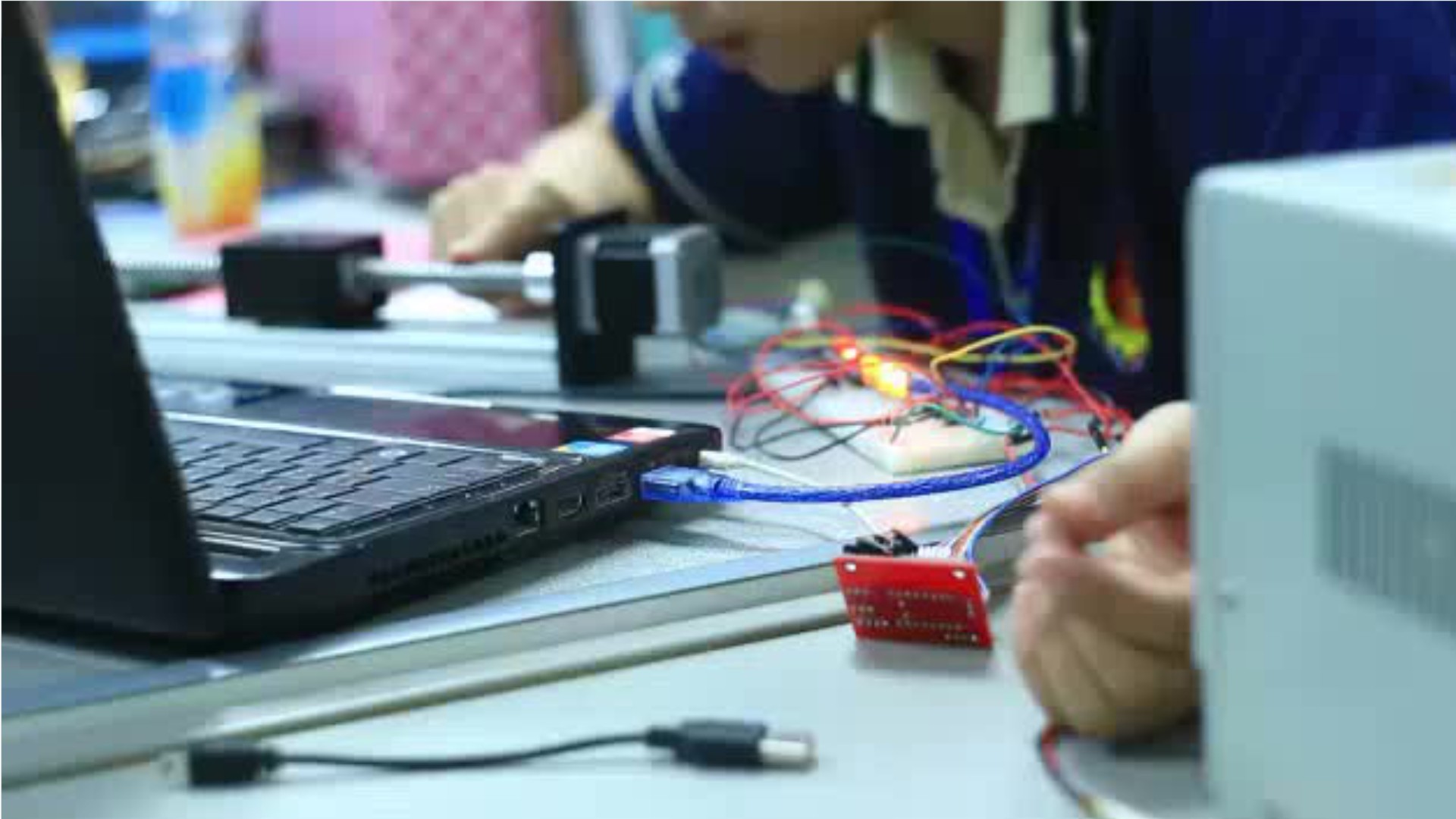Electrical & Electronics Repairers, Powerhouse, Substation, & Relay
Relay Technician, Substation Electrician, Substation Technician, Wireman
What they do:
Inspect, test, repair, or maintain electrical equipment in generating stations, substations, and in-service relays.
On the job, you would:
- Inspect and test equipment and circuits to identify malfunctions or defects, using wiring diagrams and testing devices such as ohmmeters, voltmeters, or ammeters.
- Prepare and maintain records detailing tests, repairs, and maintenance.
- Consult manuals, schematics, wiring diagrams, and engineering personnel to troubleshoot and solve equipment problems and to determine optimum equipment functioning.
Knowledge
Engineering and Technology
- mechanical
- product and service development
Math and Science
- arithmetic, algebra, geometry, calculus, or statistics
- physics
Safety and Government
- public safety and security
Arts and Humanities
- English language
Skills
Basic Skills
- thinking about the pros and cons of different ways to solve a problem
- reading work related information
Problem Solving
- noticing a problem and figuring out the best way to solve it
Abilities
Verbal
- listen and understand what people say
- communicate by speaking
Hand and Finger Use
- keep your arm or hand steady
- put together small parts with your fingers
Ideas and Logic
- notice when problems happen
- order or arrange things
Personality
People interested in this work like activities that include practical, hands-on problems and solutions.
They do well at jobs that need:
- Cautiousness
- Attention to Detail
- Dependability
- Integrity
- Intellectual Curiosity
- Perseverance
Technology
You might use software like this on the job:
Spreadsheet software
- Microsoft Excel
Analytical or scientific software
- Fluke Corporation FlukeView Forms
- OMICRON Test Universe
Electronic mail software
- Microsoft Outlook
Education
Education: (rated 3 of 5)
certificate after high school or
associate's degree
usually needed
associate's degree
usually needed
Job Outlook
Bright
New job opportunities are very likely in the future.
Explore More
- Control & Valve Installers & Repairers
- Electric Motor, Power Tool, & Related Repairers
- Electrical & Electronic Engineering Technologists & Technicians
- Electrical & Electronics Installers & Repairers, Transportation Equipment
- Electrical & Electronics Repairers, Commercial & Industrial Equipment
You might like a career in one of these industries:
See more details at O*NET OnLine about Electrical & Electronics Repairers, Powerhouse, Substation, & Relay.






